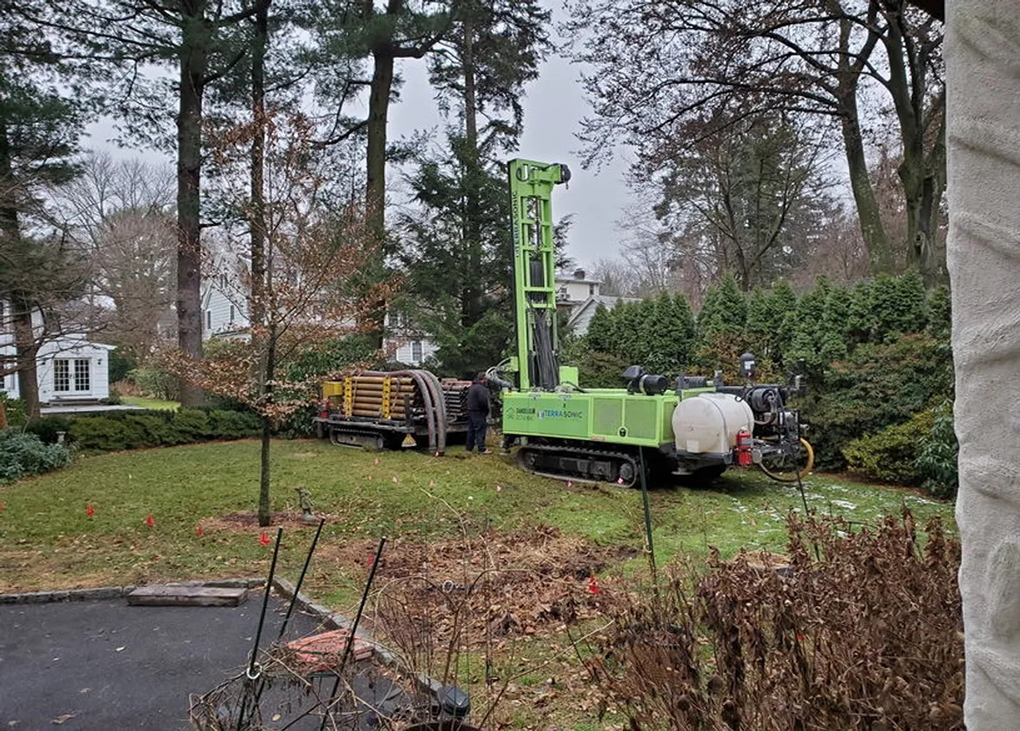As market demand surges, Dandelion, a Google spinoff company making geothermal heating and cooling for homes, has raised AUD$104 million (US$70 million) to grow its operations.
Dandelion powers heat pumps using geothermal bores drilled into household backyards. As with other forms of geothermal, Dandelion taps a secure reservoir of heat in the winter, and in the summer, the pump removes heat from the house to cool it.
The round of investing raised considerably more than anticipated.
“There is a lot of understanding that heat pumps are going to be a big part of the solution to decarbonising buildings,” Dandelion CEO Michael Sachse told Canary Media. “Investors are trying to understand how they might play in the heat pump space.”
In 2017, Dandelion graduated from Google’s X, a proving ground for new tech, or “moonshot factory,” as some refer to it.
After moving operations to New York state, the firm has tripled commercial operations since the start of the year.
To date, Dandelion mostly retrofits existing homes. But it’s much easier to install home geothermal heating as part of a new construction. Consequently, Dandelion will spend some of its new capital developing a new-build market in partnership with homebuilders, Sachse says.
Sachse says Dandelion’s product also costs roughly double the price of a new fossil-gas furnace and air conditioning system. But once installed, the geothermal system costs one-third to operate compared to traditional heating and cooling.
A typical scenario sees customers access a loan from Dandelion, with a system paying for itself in seven years. Yet new incentives as part of the US Inflation Reduction Act could soon provide customers with additional financing options.
“From a company standpoint, we think that if we’re able to do 2,500 to 5,000 homes a year, that is public-company scale,” Sachse says.
The new funding provides at least two years of operational costs for Dandelion, with the goal to reach cashflow breakeven in that time.
 Matt Dillon
Matt Dillon


Leave a Reply